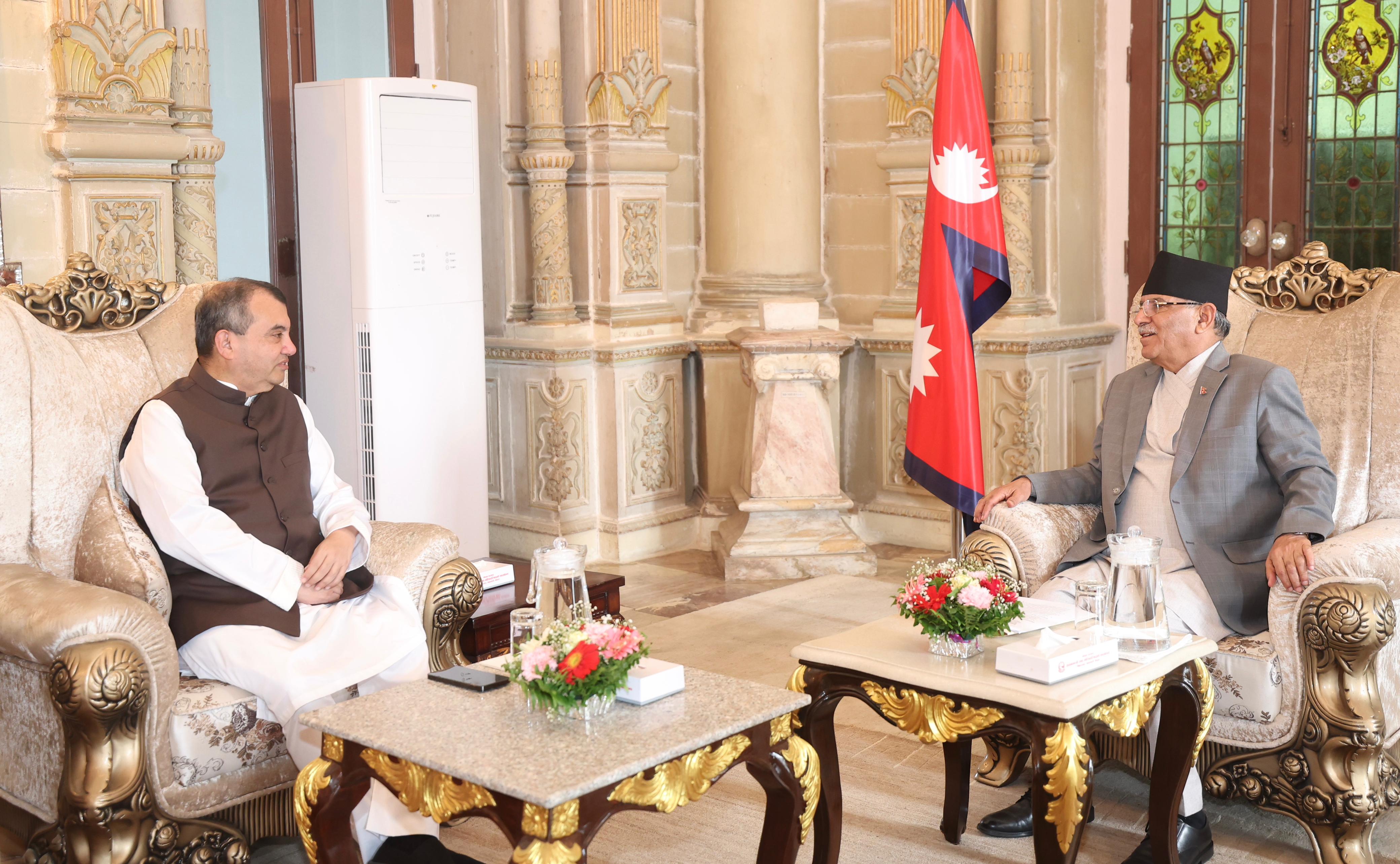KATHMANDU, May 23: Bangladeshi Minister for Environment, Forest and Climate Change, Saber Hossain Chowdhury, called upon vulnerable countries to unitedly raise their voices for meaningful actions to save themselves from the onslaught of climate impacts.
While addressing the opening session of the International Expert Dialogue on Mountain, People, and Climate Change organized by the Government of Nepal on Wednesday at the Chandragiri Hill Resort in Kathmandu, Chowdhury mentioned that Bangladesh was equally concerned with the melting of glaciers across the Himalayas, which would certainly have adverse impacts on rising sea levels in Bangladesh and other low-lying countries. "Therefore, urgent action is necessary, which can only be implemented with adequate and meaningful support from developed countries," he said.
Inaugurated by Prime Minister Pushpa Kamal Dahal, the event was attended by high-level delegates, including scientists and experts from about 25 countries concerned with the deterioration of mountain health, including the Himalayas.
Rising threats of climate change in the Hindu Kush Himalayas

Chowdhury further said that mitigation by developed countries will play a key role if the world temperature needs to stabilize at 1.5 degrees Celsius, as adaptation by developing countries will not be enough. "It is unfair to expect climate action only from developing countries, which are fighting climate change impacts along with poverty," he said. “Unless the entire world decarbonizes, whatever we try to do in terms of adaptation and resilience building would never be enough.”
The Bangladeshi Minister also spoke as a panelist in the session “Ambition for 1.5 Degrees Celsius: Urgency for Action in Mountains and Beyond.” His remarks at both the inaugural and thematic sessions received appreciation, support, and solidarity from the audience.
Minister Chowdhury arrived in Kathmandu on Tuesday to address the international conference. He paid a courtesy call on Prime Minister Dahal at his office. During the meeting, various issues related to the environment and climate change were discussed. He recalled the moral and material support extended by the people and political leadership of Nepal to the people of Bangladesh during the War of Liberation in 1971, according to a statement issued by the Embassy of Bangladesh in Kathmandu.

On the sidelines of the event, the Bangladeshi Minister also attended a trilateral meeting with the Nepali Minister for Forests and Environment, Nawal Kishore Shah Sudi, and the Bhutanese Minister for Agriculture and Livestock, Yorten Phuntsho. They discussed the issue of vulnerability in detail, particularly in the post-LDC scenario, and emphasized taking a common position in the UNFCCC and other platforms.








































